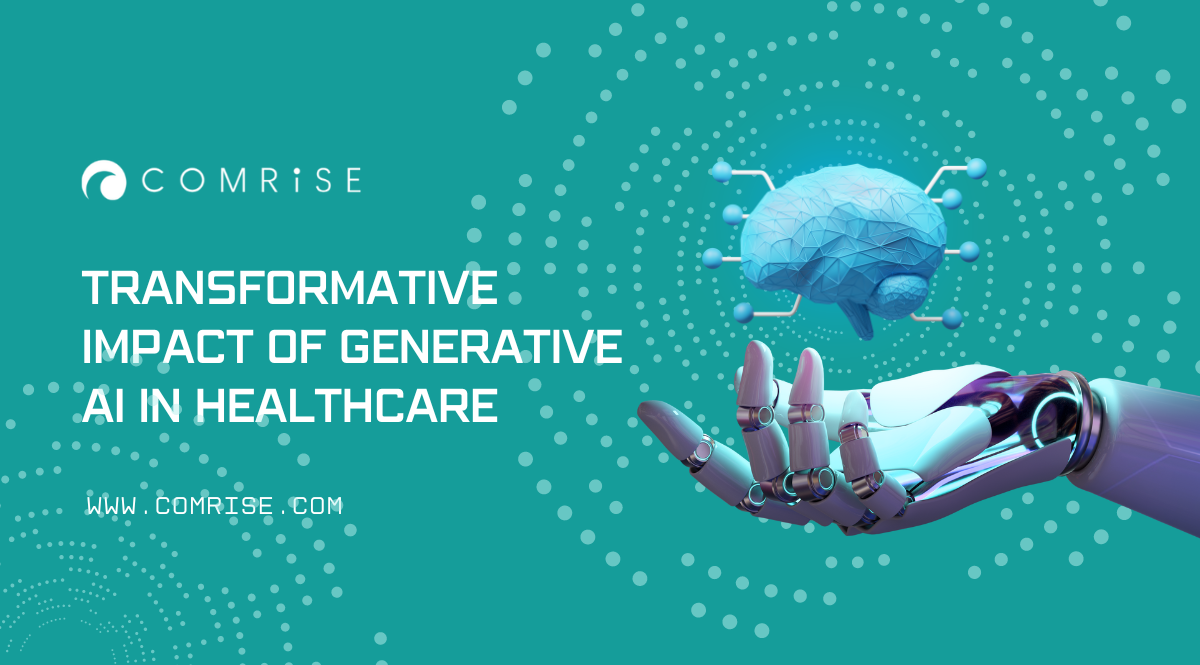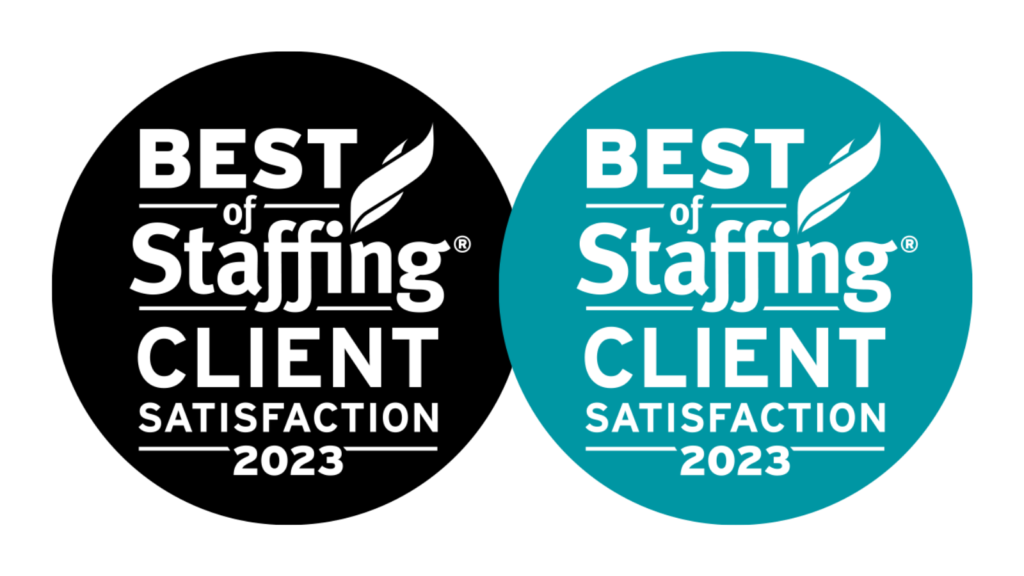Transformative Impact of Generative AI in Healthcare
In the dynamic field of artificial intelligence, generative AI models are revolutionizing healthcare technology and enhancing diagnostic and treatment approaches. Moreover, through intelligent data analysis and personalized medical solutions, This technology not only elevates the quality and efficiency of healthcare but also drives intelligence and efficiency in medical services. These transformations improve operational models, streamline business processes, and fundamentally enhance our understanding and application of complex data.
Deloitte Center for Health Solutions surveys reveal that healthcare organizations recognize the potential of Generative AI:
- Firstly, 75% of leading healthcare companies are experimenting with or planning to scale Generative AI across the enterprise.
- Secondly, 82% have or plan to implement governance and oversight structures for Generative AI.
- Lastly, Leaders see promise in Generative AI for improving efficiencies (92%) and enabling quicker decision-making (65%).
Application of Generative AI in Life Sciences and Healthcare
The application in the life science and healthcare sectors mainly revolves around overcoming operational challenges:
- Managing extensive medical data.
- Addressing global aging populations.
- Meeting the demand for superior treatment solutions.
- Navigating complex regulatory responsibilities.
- Optimizing intricate claims processes.
- Sharing patient information.
These issues necessitate technological solutions and innovations that improve healthcare service quality while enhancing efficiency.
Generative AI applications emerge as a crucial solution, firstly, boosting employee productivity, secondly, optimizing operational efficiency, and thirdly, facilitating dual enhancements in effectiveness and efficiency. Moreover, these applications include AI automation for claims authorization and appeals, thereby streamlining research and development processes, reducing resource wastage, and improving the consistency and efficiency of healthcare services.
Additionally, this application is vital in enhancing personalized services and optimizing patient experiences in healthcare services. Through customized solutions and highly personalized experiences, Generative AI optimizes patient diagnosis and treatment processes, focusing on health outcomes rather than just the service itself. These applications drive the life sciences and healthcare industry toward a more efficient, patient-centric direction.
Digital Health and Generative AI Career Trends
PharmiWeb reports that pharmaceutical careers are evolving and influenced by scientific advancements, regulatory changes, and market dynamics. Integrating digital health technologies, including AI and machine learning, in drug development and patient care creates new career opportunities. Roles centered around data analysis, digital therapeutics, and personalized medicine are rising.
Future Outlook
The life sciences and healthcare industry, under the influence of Generative AI, is heading towards a promising future. Deloitte anticipates key development trends, which include:
- Precision Medicine Advancements: Generative AI will play a critical role in achieving precision medicine by analyzing patients’ genetic information, lifestyles, and environmental factors, enabling doctors to design more precise and personalized treatment plans.
- Data-Driven R&D: In pharmaceutical research and development, Generative AI will accelerate the process through efficient data analysis and pattern recognition in pharma research and development. It identifies effective treatment candidates quickly and reduces development time and costs.
- Remote Healthcare and Intelligent Monitoring: With the development of the technology, remote healthcare and intelligent health monitoring will become the norm. AI-driven remote diagnostics and monitoring tools will enable real-time patient health tracking, providing continuous care and support even outside the hospital.
- Enhanced Patient Interaction and Education: Generative AI will strengthen patient interaction and education. AI technologies such as intelligent chatbots and virtual assistants will provide more personalized and interactive health information and guidance, helping patients to better understand and manage their health.
The progress of this advancement will bring new opportunities and challenges to the life sciences and healthcare industry, driving it towards greater efficiency and personalization. As technology advances, we can expect a fundamental transformation in healthcare service models and overall healthcare quality.
About Comrise
At Comrise, we offer tailored solutions for the full-time, part-time, direct-hire, contract, and permanent talent that your business needs. For 40+ years, we have delighted our clients and candidates by focusing on customer satisfaction, innovation, and flexible workforce solutions!
If you’re looking for new job opportunities click here, or if you’re looking for a reliable partner to help you secure top-notch candidates for hard-to-fill roles, click here.


